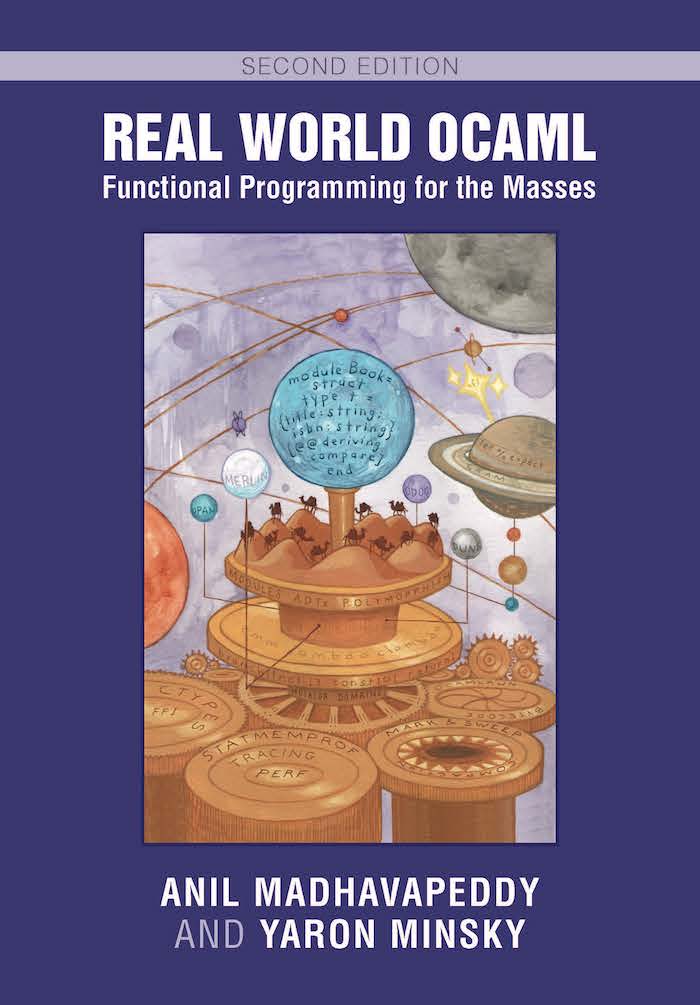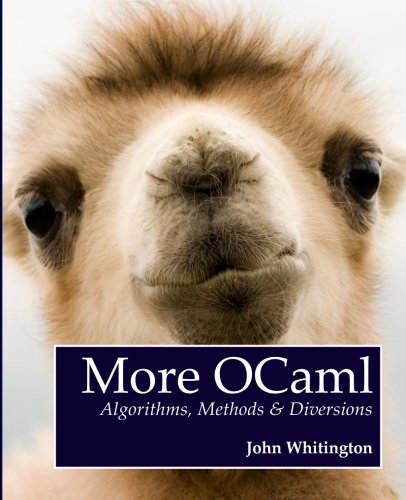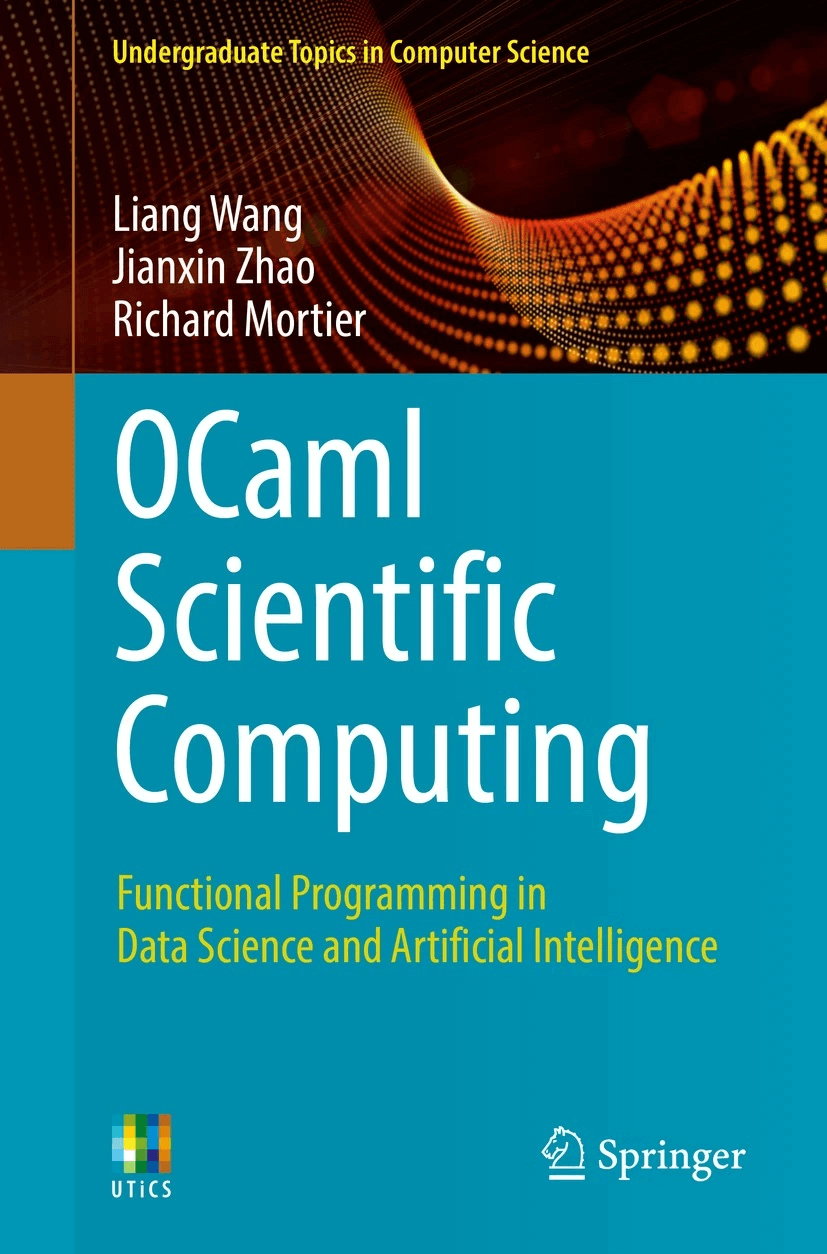Explore the OCaml Documentation
FOUNDATIONS FOR BEGINNERS
Introduction To OCaml
The OCaml Language
OCaml Programming: Correct + Efficient + Beautiful
This textbook, used in a third-semester Cornell course, teaches functional programming and data structures in OCaml, emphasizing semantics and software engineering. Suitable for students with Python and Java backgrounds, it requires some imperative language skills and basic discrete mathematics. The book includes over 200 YouTube videos as supplementary or alternative learning resources.
OCaml From the Very Beginning
John Whitington's "OCaml from the Very Beginning" is a beginner-friendly guide to learning OCaml, a modern programming language. The book gradually introduces concepts in concise chapters, with exercises and answers. It's suitable for both novice and experienced programmers, and can be used in academic settings or for self-study.
EXPLORING THE INTERMEDIATE LEVEL
Practical-Minded Tutorials and Guides
The OCaml Platform
- Bootstrapping a Project
- Managing Dependencies
- Install a Specific Compiler Version
- Configuring Your Editor
Real World OCaml
This practical book guides through using OCaml for real-world problems in data processing and web applications, covering its various programming styles with real examples. It starts with basics and advances to topics like the module system and foreign-function interface, focusing on efficient coding using the Jane Street core library.
More OCaml: Algorithms, Methods, & Diversions
"More OCaml" by John Whitington explores OCaml's functional programming and algorithms, concluding with a PDF file project. Tailored for both existing OCaml programmers and those new to the language, it includes exercises with answers. The book starts with an OCaml fundamentals summary, making it accessible and informative for a diverse readership.
Practice with Exercises
ELEVATED EXPERTISE
OCaml Scientific Computing
This book merges functional programming in OCaml with numerical computation, tailored for data science and AI. It's ideal for those familiar with functional programming, offering a mix of foundational concepts and advanced cloud computing techniques. The structure allows readers to choose topics of interest, making it a versatile guide for learning and applying scientific computing.
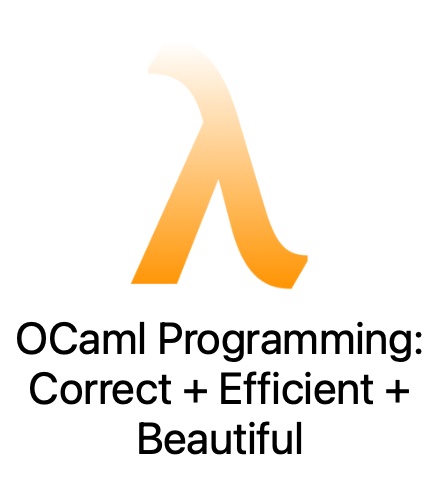
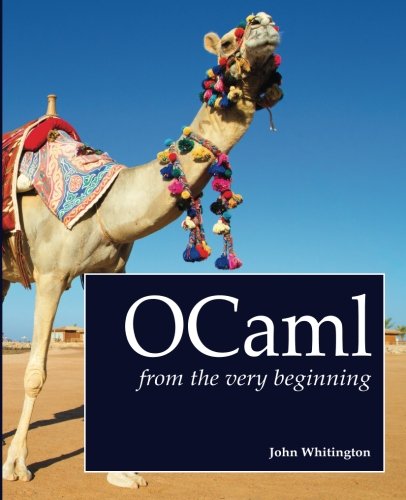
 opam
opam
 Dune
Dune
